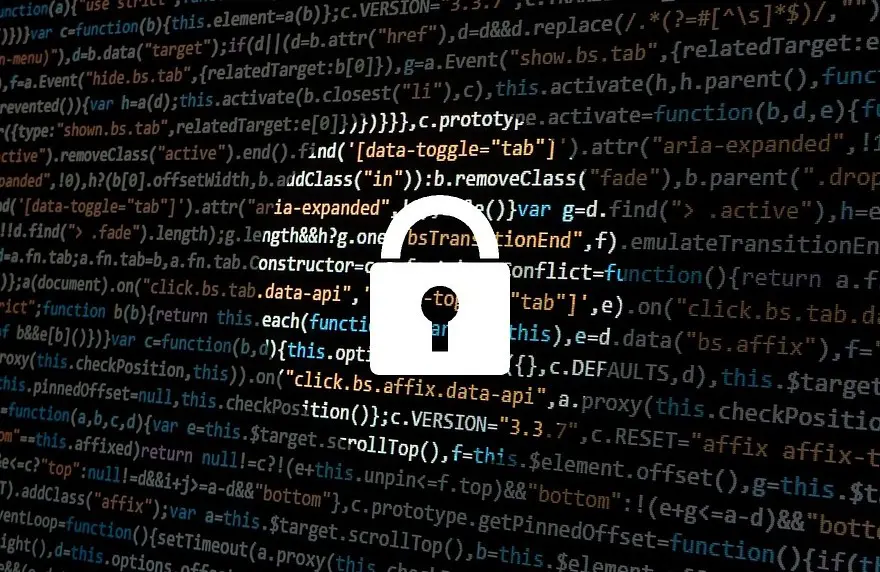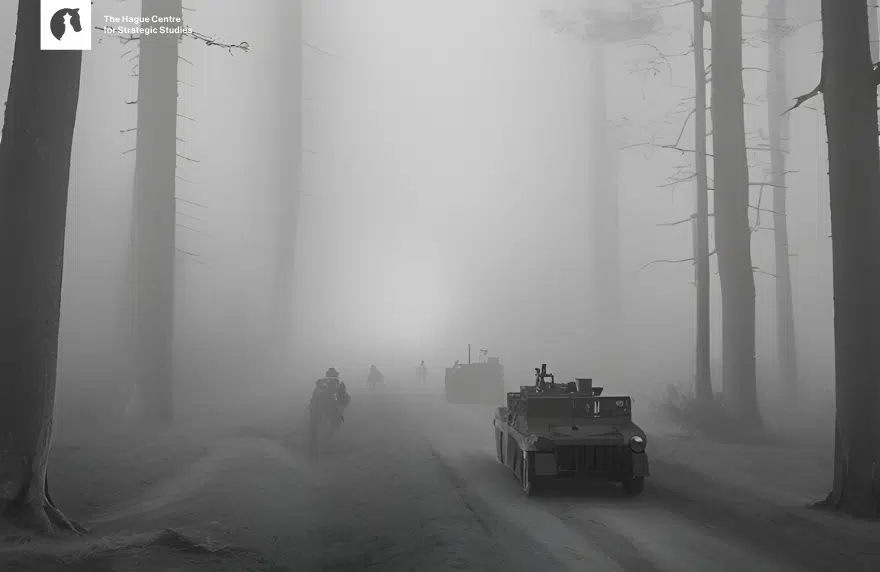As the United States approaches the 2020 presidential election mired in debates over how best to secure its voting process against the type of attack Russia carried out in 2016, some of the smallest European countries have modernized at a fast pace, reports Jenna McLaughlin, National Security and Investigations Reporter for Yahoo News.
Alexander Klimburg, the director of the Hague-based Global Commission on the Stability of Cyberspace, told Yahoo that Europe is also leading in setting the norms of behavior for how governments operate in cyberspace. That includes the Tallinn Manual in Estonia, which was published after the 2007 cyberattacks to interpret how existing law applies to cyberspace, new data collection laws in Sweden and Holland, and the new European privacy law, GDPR.
Klimburg, also a program director at the Hague Centre for Strategic Studies, says that even as Europe steps up, Washington has been less engaged in discussing cybersecurity. The Trump administration doesn’t currently have a top cyber diplomat, a position that was last filled in the summer of 2017, or a White House official in charge of cyber issues. However, the U.S. in 2018 declared it would offer assistance in offensive and defensive cyber operations to NATO allies, if asked.
Klimburg, the author of “Darkening Web: The War for Cyberspace,” was also critical of the Pentagon, which declared its intention in a “strategic vision” document for U.S. Cyber Command in June 2018 to ramp up its engagement in cyberspace. It followed through, allegedly shutting down internet connections in Moscow on the day of the U.S. midterm elections, and recently in Iran, striking command-and-control technology for the Islamic Revolutionary Guard Corps in response to commercial ship bombings. That kind of escalation blurs the lines between peace and wartime, argued Klimburg.
For Klimburg and other cyber experts in Europe, the real way to respond to the Russian meddling in the 2016 election is for countries to ensure their own institutions are well protected. “It is always about resilience,” he said.
Read the full article at Yahoo News.





